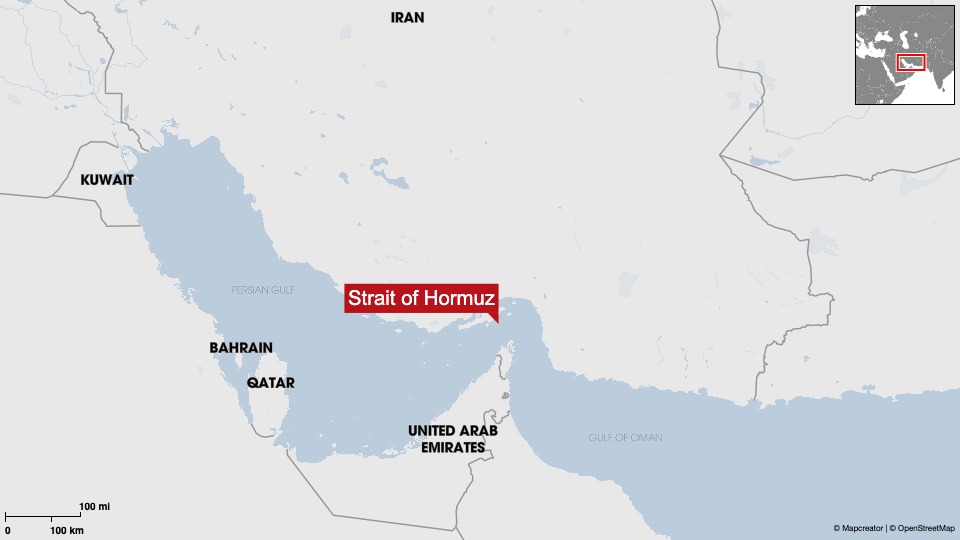
The Iranian government is reportedly considering closing the strategically vital Strait of Hormuz that serves as the only maritime gateway for Persian Gulf energy exports to the international market.
Should the Iranians block the Strait, China would be disproportionately impacted.
Roughly one-third to nearly half of all Chinese crude oil imports come from countries like Saudi Arabia, Qatar, the UAE, and Iran that all rely on the strait to transit energy shipments.
Any disruption to this energy flow would be felt immediately by Chinese manufacturers that rely heavily on imported energy from the Persian Gulf.
But even if the Iranians don’t fully close the Strait, the mere threat that shipments could be disrupted is going to send oil prices higher, adding further financial strain on Chinese producers.
Many of these manufacturers have already had their profit margins severely impacted by the ongoing tariff war with the United States, so higher energy costs will only exacerbate their already dire financial situation.
WHY IS THIS IMPORTANT? Over the past decade, China transitioned a sizable portion of its energy sourcing from countries in Africa to Saudi Arabia, Qatar, Iran, and the UAE. This may make sense in terms of connectivity and logistics, but it also exposes China to a severe vulnerability if passage through the Strait of Hormuz is blocked.






